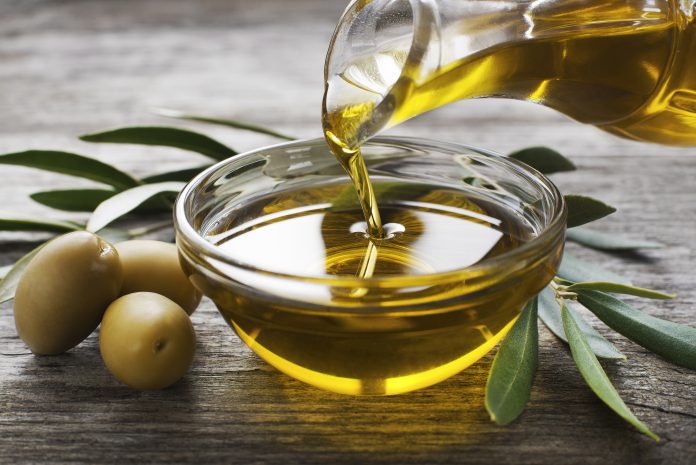RAWALPINDI: Pakistan can be self-sufficient in edible oil production if the Olive Valley set up by Punjab government in Potohar region is promoted on scientific lines, said the ambassadors of various countries including Tunisia, Morroco, Kenya, Sudan, Nigeria and Mauritius during their visit to Barani Agriculture Research Institute (BARI) Chakwal.
The ambassadors were informed during a briefing about steps being taken to promote olive plantation in the country, particularly in the Potohar region.
The ambassadors of Tunisia and Morocco showed great interest and expressed their willingness to work jointly in collaboration with BARI in the olive sector.
The delegates also visited various technology sites and appreciated efforts of the Agriculture Department for transforming Potohar into Olive valley.
They also took a keen interest in knowing how the water harvesting and water saving technologies are being adopted in the region.
The ambassadors appreciated the involvement of females and youth in various projects being carried out in the rain-fed areas.
They were informed that the Punjab Agriculture Department has chalked out a five-year plan for making Potohar Region an Olive Valley. Under the project, the government would provide two million free olive plants to the selected farmers in Chakwal, Jhelum and other districts.
Special steps under the directives of Punjab Chief Minister Muhammad Shahbaz Sharif are being taken for the promotion of olive crop in the province by the agriculture department.
A large number of growers are showing their keen interest in the cultivation of olive crop and are contacting the agriculture department for obtaining olive plants and technical assistance regarding the cultivation of the crop, the delegation was informed.
In Punjab, several areas including Jhelum and Chakwal are potential areas for olive cultivation.
According to agriculture experts, the prevailing environment, temperature, soil types, average rainfall and other related growth factors in these areas is exactly according to the olive cultivation requirements.
The marginal lands can be utilised for olive cultivation without replacing other crops which will help in reducing the import bill of the country.
The department is also conducting awareness and training programmes to facilitate the people by creating awareness on olive cultivation techniques and producing value-added products. Olive tree plantation has been completed across 3,166 acres in the Potohar region to reduce dependence on edible oil imports and bring marginally agricultural land under cultivation.
The eventual plan is to bring 15,000 acres of land under cultivation by planting more than two million olive saplings. The Punjab government, in collaboration with international development partners and donor agencies, has initiated a five-year ‘olive valley project’ to enhance olive oil production.
In order to facilitate and incentivise olive growers, an extra virgin olive extraction plant has also been installed to produce high-quality olive oil. The plant has the capacity to process 500 kg oil per hour.




